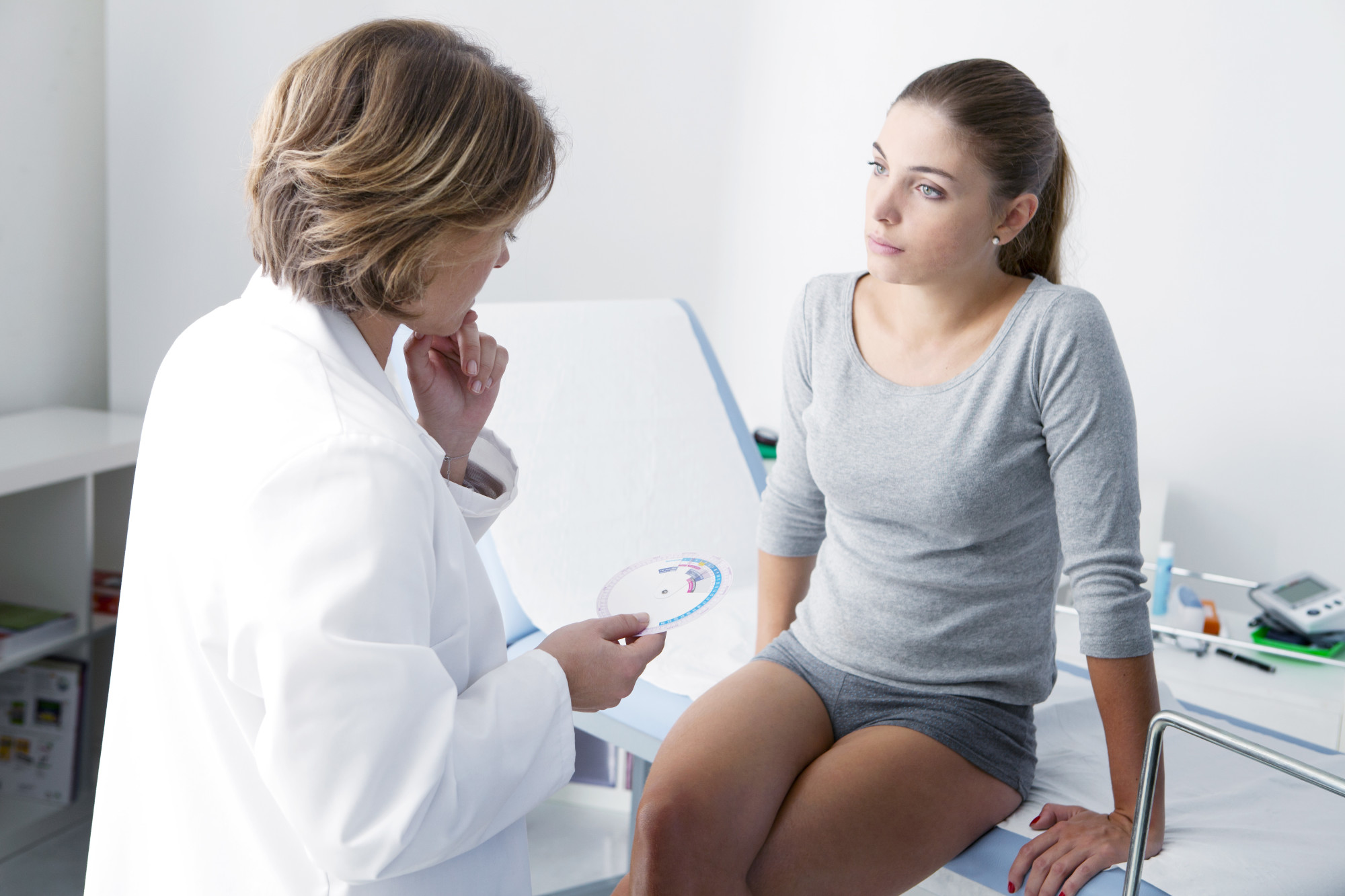Your Guide to Gynecology: Common Reproductive Health Issues
Reproductive health is vital. However, it might be come as a surprise to you that young women are getting less pelvic exams than ever.
Reportedly, the rate has fallen from 75 percent in 1988 to 56.5 percent in 2017. That’s unfortunate because there are many benefits that come with seeing a reputable OB/GYN on an annual basis.
Gynecology is about focusing on women’s reproductive health and obstetrics is about focusing on pregnant women and their needs. Both areas are essential when it comes to many women’s overall health and well-being. So, let’s take a moment to see why it’s important for women to have an OB/GYN even if they have a primary care physician.
1. Period-Related Issues
Among the list of women’s diseases, period-related issues top it. If a woman’s periods are heavy, painful, or irregular, these are good reasons to see someone who specializes in gynecology. That way, a doctor can see if her lifestyle, hormonal levels, birth control, or something else may be causing her to have problems with her cycle.
2. STDs
According to the Centers for Disease Control and Prevention, 20 percent of the U.S. population has an STD. The common ones include:
- Herpes
- Gonorrhea
- Chlamydia
- Trichomoniasis
- Syphilis
- Hepatitis A and B
- Human Papillomavirus (HPV)
- Human Immunodeficiency Virus (HIV)
Many sexually transmitted diseases are curable. However, if they’re left untreated, they could cause infertility, cancer, and other serious health-related challenges.
Sexually transmitted diseases are oftentimes asymptomatic. That’s why it’s important to see a physician annually and to get tested for STDs every six months.
3. Endometriosis
Something that affects fertility issues is endometriosis. It’s what happens when tissue lining that is similar to a woman’s uterine lining grows outside of her uterine cavity. This leads to inflammation.
The inflammation can cause scar tissue, painful periods, and infertility. Pain medication and hormone therapy is often recommended after this diagnosis.
4. Uterine Fibroids
Uterine fibroids are noncancerous growths that develop in a woman’s uterus. Some studies say that between 20-70 percent of women will get these fibroids during their reproductive years.
Uterine fibroids do not usually pose a serious health threat. They can cause heavy periods, fatigue, and they can make it challenging to carry a baby to term. All good reasons to see a doctor if a woman senses that she may have them.
5. Gynecology and Obstetrics Specialize in Female Fertility
If a couple has been trying to get pregnant for a year and nothing has happened, there may be fertility issues. Things like heavy or irregular periods and hormone disorders could be the cause.
Setting an appointment with someone who specializes in gynecology makes it possible for them to observe a woman’s family history, health, weight, age, and lifestyle habits to see what the cause of her fertility issues may be.
6. Polycystic Ovary Syndrome (PCOS)
Speaking of fertility issues, a common one is Polycystic Ovary Syndrome (PCOS). It’s one of the most popular hormone disorders. PCOS causes cysts on a woman’s ovaries, irregular cycles, and an overproduction of the male hormone androgen.
The cause of PCOS is still being researched. However, some of the symptoms include extreme acne, excessive body hair, unexplained weight gain, darkened skin, and infertility.
7. Imbalanced Hormones
Did you know that 80 percent of women have some type of hormonal imbalance? When this is the case, they typically experience one or more of the following symptoms:
- Weight gain
- Muscle weakness
- Fatigue
- Sweating
- Joint stiffness
- Frequent urination
- Constipation
- Acne
- Blurred vision
- Depression
Since hormone disorders are so common, that’s one reason why annual check-ups are essential. They aren’t something that women should rely on Google articles to diagnose or treat.
8. Early-Onset Menopause
When a woman has gone 12 months without a menstrual cycle, she has experienced menopause and is no longer able to conceive. The average age for this is 51.
If it happens before 40, it’s called premature menopause. If it happens before 45, it is called early menopause. Since both center around a loss of estrogen, it’s important that a doctor examines her to see what underlying issues she may have.
9. HIV
In the United States, 2.1 million Americans are living with HIV, and there are 35,000 new infections every year. Although more people are living with HIV than ever, it is still a serious disease. It is also still contagious.
If you feel that your health has been put at risk, it’s important that you see a doctor as soon as possible. If you have HIV, your healthcare provider can put you on an effective treatment program.
10. Gynecological Cancer
Something else that can affect your reproductive organs is gynecological cancer. This includes cervical cancer, ovarian cancer, and uterine cancer. Some symptoms of this health issue include:
- Constant bloating
- Pelvic pain
- Back pain
- Increased urination
- Changes in the appearance of the vulva
- Diarrhea
- Abnormal bleeding
None of these are symptoms that should be ignored. These are things that must be checked out immediately.
Do You Live in the Augusta, Georgia Area? If So, Give Us a Call
Now that you know more about what gynecology and obstetrics consist of, if you have any health-related issues, do not hesitate to reach out to us. We are passionate when it comes to women’s health. We are also here to provide the best service possible.
Even if these 10 common issues aren’t a concern for you, a routine examination is a proactive way to stay abreast of your reproductive health and needs. Give us a call at (706) 733-4427, or feel free to schedule an appointment anytime.

